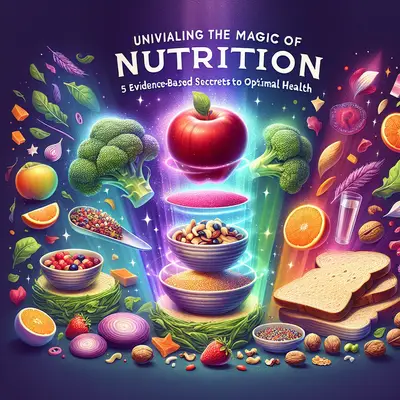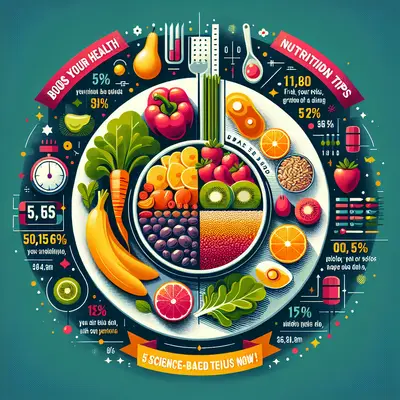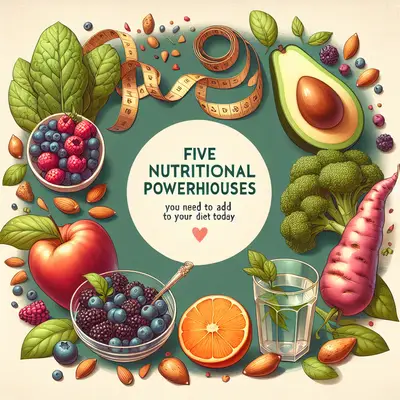What are Phytonutrients?
Phytonutrients, also known as phytochemicals, are bioactive compounds present in fruits, vegetables, grains, legumes, nuts, and teas. Unlike essential nutrients, such as vitamins and minerals, phytonutrients aren't necessary for survival. However, they can significantly boost health and wellness by combating oxidative stress, reducing inflammation, and supporting the immune system[^1^].
Phytonutrient Benefit #1: Powerful Antioxidant Activity
Phytonutrients like flavonoids, carotenoids, and polyphenols are potent antioxidants that neutralize harmful free radicals in the body[^2^]. This can help protect against chronic diseases, including heart disease and cancer, and slow the aging process.
Phytonutrient Benefit #2: Enhanced Immune Function
Certain phytonutrients, such as those found in garlic and onions, can stimulate the immune system and enhance its ability to fight off infections[^3^]. This can lead to fewer sick days and improved overall health.
Phytonutrient Benefit #3: Improved Gut Health
Some phytonutrients, such as those found in whole grains and legumes, act as prebiotics, promoting the growth of beneficial gut bacteria[^4^]. This can improve digestion, enhance nutrient absorption, and support immune function.
Phytonutrient Benefit #4: Reduced Inflammation
Many phytonutrients, including those found in turmeric and green tea, have powerful anti-inflammatory properties[^5^]. Chronic inflammation is linked with many serious diseases, so reducing inflammation could potentially lower the risk of these conditions.
Phytonutrient Benefit #5: Lowered Risk of Chronic Diseases
Numerous studies have found that a diet rich in phytonutrients can lower the risk of chronic diseases, including heart disease, cancer, and diabetes[^6^]. This is likely due to their combined antioxidant, anti-inflammatory, and immune-boosting effects.
Conclusion
Phytonutrients offer a host of health benefits, from antioxidant protection to immune support. By incorporating a diverse range of plant-based foods into your diet, you can take full advantage of these powerful compounds. Remember, nutrition is a key player in your health journey, and phytonutrients are an essential part of the team.
^1^]: [Lila, M. A. (2004). Anthocyanins and Human Health: An In Vitro Investigative Approach. Journal of Biomedicine and Biotechnology
^2^]: [Prior, R. L., & Cao, G. (2000). Antioxidant phytochemicals in fruits and vegetables: Diet and health implications. HortScience
^3^]: [Arreola, R., Quintero-Fabián, S., López-Roa, R. I., Flores-Gutiérrez, E. O., Reyes-Grajeda, J. P., Carrera-Quintanar, L., & Ortuño-Sahagún, D. (2015). Immunomodulation and anti-inflammatory effects of garlic compounds. Journal of immunology research
^4^]: [Scott, K. P., Gratz, S. W., Sheridan, P. O., Flint, H. J., & Duncan, S. H. (2013). The influence of diet on the gut microbiota. Pharmacological research
^5^]: [Jurenka, J. S. (2009). Anti-inflammatory properties of curcumin, a major constituent of Curcuma longa: a review of preclinical and clinical research. Alternative medicine review
^6^]: [Liu, R. H. (2003). Health benefits of fruit and vegetables are from additive and synergistic combinations of phytochemicals. The American journal of clinical nutrition



